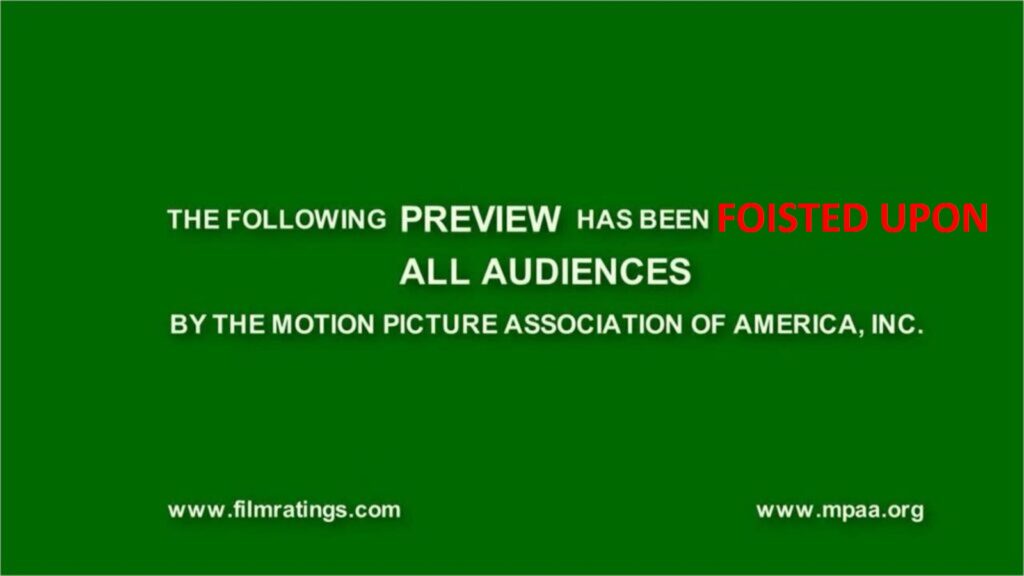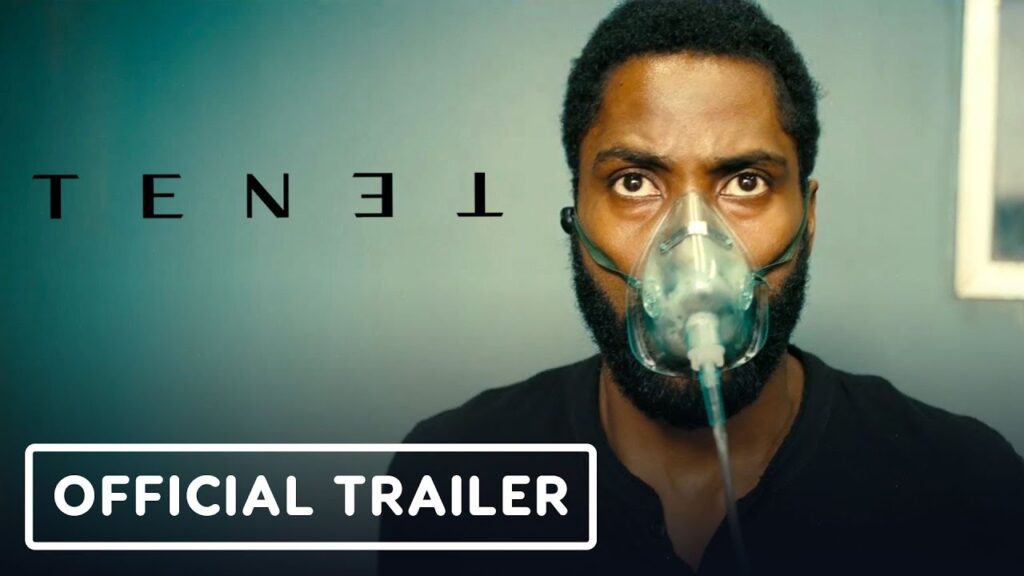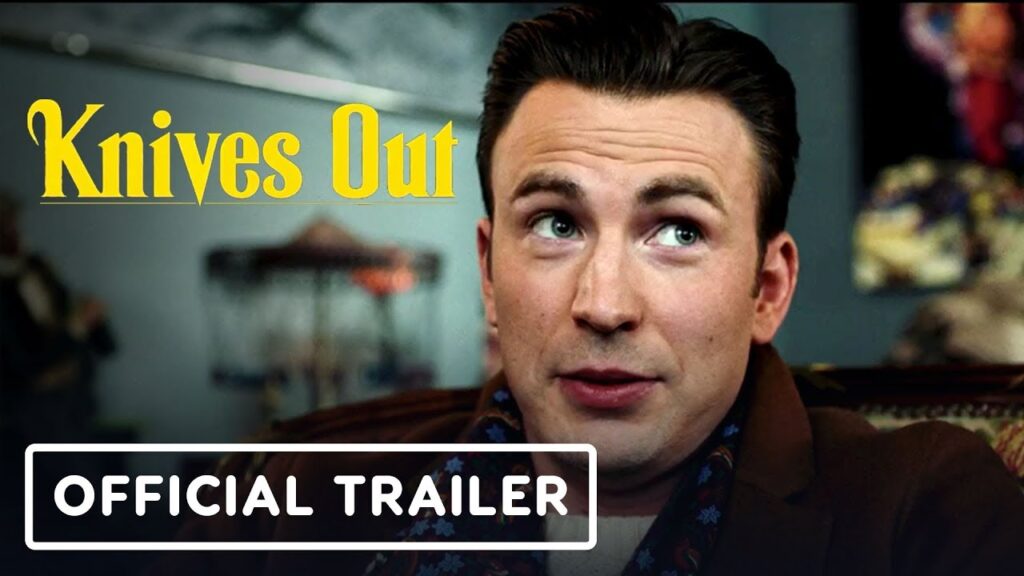
Last month, the online community informally known as Film Twitter grew abuzz after discovering that the latest trailer for Tenet, the upcoming movie from Christopher Nolan, would be premiering that evening on Fortnite. This seemingly trivial piece of information sent everyone’s hearts aflutter, though the apparent cognitive dissonance was in some ways understandable; with the COVID-19 pandemic depriving cinephiles of new films, it was only natural for them to gorge on unseen movie-related #content like zombies converging on human flesh. The ensuing discourse followed a familiar pattern of instant-reaction, a cacophonous medley of enthusiasm, disparagement, playfulness, and obsession. Responses arrived in many forms; there were breathless analyses and video reviews and screenshots and gifs and memes. If you were logged on to Film Twitter on the evening of May 21, 2020, you were assuredly talking about—or watching other people talk about—the trailer for Tenet.
Except, that is, for me. I didn’t watch the trailer for Tenet, and I instinctively scrolled past any and all online discussion of it. This wasn’t because I’m uninterested in seeing the movie; on the contrary, it’s my most highly anticipated motion picture of 2020, if in fact “2020” is still a calendar year where new movies are released. No, I didn’t watch the trailer for Tenet because it was, well, a trailer. And trailers are bad.
This is undoubtedly an unpopular opinion, so let me briefly backpedal to something less inflammatory and more factual: Trailers are designed to convey information. This is their job. Over roughly two minutes, a trailer tells you what an upcoming movie is about, who stars in it, and (most importantly) why you should buy a ticket to watch it. It is an exercise in salesmanship, not all that different from print advertising or robocalling—a pitch meant to convince you that this particular “coming attraction” is especially attractive, one deserving of your time and money.

The result is that trailers traffic in a curious (if not especially serious) form of moral hazard. Their purpose is to encourage you go see a movie, which is quite different from ensuring that you enjoy the movie. If selling a picture’s appeal requires divulging its pivotal secrets—or disclosing its funniest jokes, or revealing its most eye-popping action sequences—then so what? The goal of seducing potential customers doesn’t just moot the concept of keeping a film’s pleasures under wraps; it renders that concept fundamentally antithetical to the trailer’s own function.
It is here where I risk being branded a spoilerphobe, that noxious breed of internet-dwelling troglodyte who spends a disturbing amount of energy yelling at critics for including too much information in their reviews. (Whether writers have a professional obligation to elide certain details of the film they’re reviewing is an entirely different issue, one that I’ll dispense with right now: They don’t.) So, let me be clear: Trailers, even the most brazenly reckless ones, rarely ruin the films that they’re promoting. Movies are not Wikipedia plot summaries; they are not rote progressions of story points. They are intoxicating creatures of image and sound, and advance knowledge of a turn in their narrative does not automatically taint their wonders. I have watched many great pictures after having seen their overly illuminating trailers, and I have loved them no less as a result.
But while familiarity with a trailer may not (ahem) spoil the experience of watching the film, it can change that experience. Seeing the same clips and hearing the same lines over and over rewires the circuitry in your brain, so that when you finally witness them during the movie proper, your neurons fire differently. (Note: All science in this column is approximate.) It takes your mind out of the moment and instead activates memory recall. Oh, right, that was in the trailer. If you’ve watched the preview enough times, you might even start to get antsy, anticipating certain payoffs.

Again, this seldom tarnishes my enjoyment of a movie. Still, I can’t help but wonder if I would have reacted differently to, say, A History of Violence if I hadn’t known that Viggo Mortensen’s mild-mannered restaurateur was going to suddenly kill two gangsters, a jolt of brutality that should play as unexpected… except that the trailer already revealed it. At least that scene takes place inside the film’s opening 45 minutes; the trailer for Michael Clayton unveils George Clooney’s climactic “Do I look like I’m negotiating?” speech, and while it’s still a thrilling moment, I would have preferred to experience it cold. And while anyone with a rudimentary knowledge of history knew how Frost/Nixon was going to end, the trailer still robbed me of seeing Michael Sheen’s flabbergasted “I’m sorry?” for the first time with the full weight of his performance behind it.
Perhaps you don’t care. You might be more than happy to acquire this type of information in advance—to willingly reduce your future likelihood of being surprised in favor of the present gratification that you derive from learning more about an upcoming title. And that’s fine! If you like watching trailers, I’m not judging you in the slightest; if you feel that they can help you decide whether or not to see a film, knock yourself out. Trailers generate excitement about movies, and that’s hardly a bad thing. I’m not here to spoil (again!) anyone else’s fun.
But here’s the thing: Seeing trailers isn’t a matter of choice. That is, my problem with trailers isn’t that I dislike watching them. My problem is that I’m forced to watch them.
Even before the pandemic hit, cinema was in the throes of seismic change—in terms of exhibition, composition, and corporate consolidation—but certain features of the industry remain inviolate. One is the Preview Screen: that instantly identifiable image of capitalized white text on a bright green background, informing you that what you’re about to watch has been APPROVED for appropriate audiences. We all know that image, because it’s embedded into the very fabric of moviegoing. I go the movies; therefore, I watch trailers. What choice do I have? (My don’t-try-this-at-home workaround involves an ancient 160-gigabyte iPod, a clandestine pair of earbuds, and an especially loud Hold Steady song. It is unlikely to catch on.)

And then there’s the compounding factor of repetition. Watch a trailer once, and it might not make much of an impression; watch it a dozen times, and it imprints itself onto your consciousness. In 2019, I watched 85 different movies in theaters. This means that 85 different times, I was subjected to a parade of previews ahead of the feature, sometimes running as long as 30 minutes. I saw a lot of double features, meaning I was often exposed to the same trailer twice in a matter of hours. There were undoubtedly specific trailers that were projected in front of me more than 20 times.
(And don’t you dare suggest that I simply arrive after the trailers have finished, but before the feature has started. Even if it were magically possible for me to discern that precise point in time—which it isn’t—that would still require me to clamber over dozens of patrons in pitch black, invariably spilling their popcorn and drinks, before awkwardly explaining to the person who has settled into my reserved seat that they will need to move. I will not be that guy. Everyone hates that guy.)
The notion that trailers reveal too much information is hardly novel. When Lionsgate released a new, egregiously confessional trailer for Knives Out, multiple critics issued warnings on Twitter, advising prospective viewers to stay away. I appreciate their service journalism, but their admonitions presupposed that trailers are docile creatures awaiting affirmative discovery, rather than roaming beasts ready to pounce on you during your next trip to the art house or the multiplex. Trailers aren’t avoidable. They’re inescapable.
Look, I recognize the obscenely first-world nature of my complaint. The problems currently facing American society are rather more significant than one cinephile’s perpetual frustration that the theatrical experience isn’t perfectly catered to his peculiar preferences. But our collective fantasies of a return to normalcy surely include room for revisiting the arts; we want to once again be able to pile into darkened auditoriums and experience the latest blockbuster or rom-com or thriller without fearing for our safety. I just lament that, when new movies do finally surface, they’ll still be accompanied by compulsory, needlessly indulgent montages. My antipathy toward trailers isn’t just a silly grievance; it’s a matter of personal philosophy. You might even call it a tenet.
Jeremy Beck is the editor-in-chief of MovieManifesto. He watches more movies and television than he probably should.
